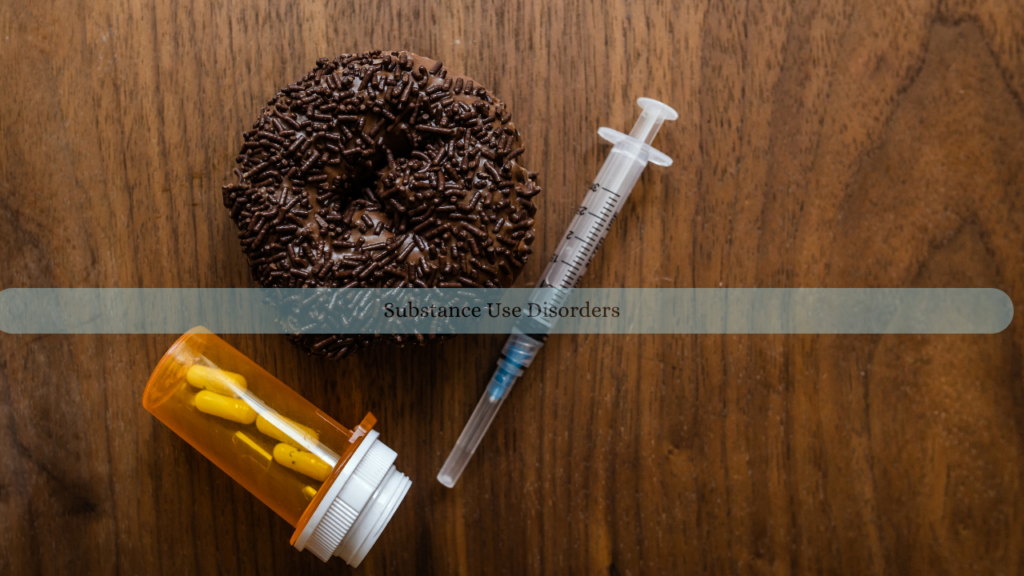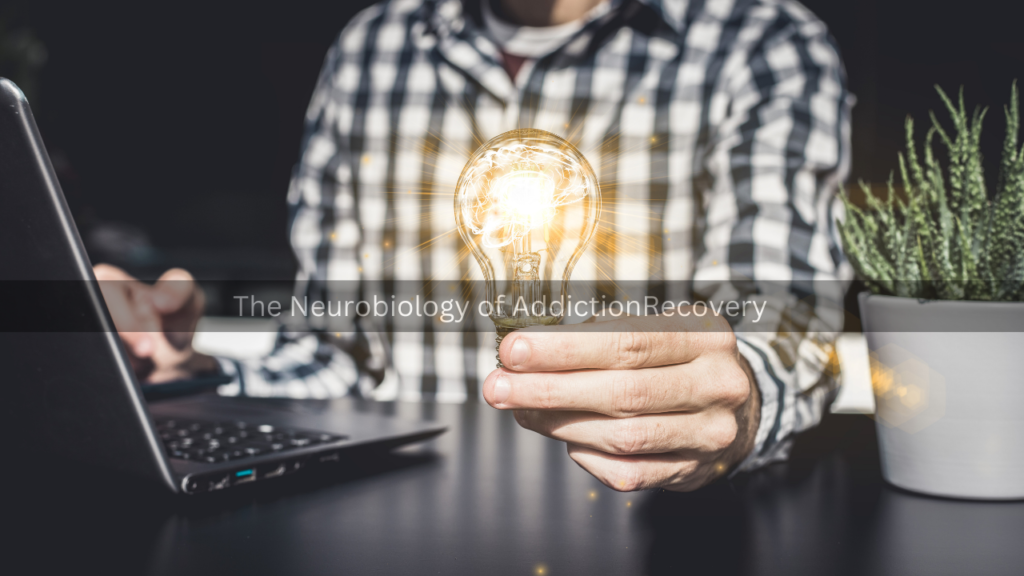
The journey to recovery from addiction is a complex and often non-linear process. Clinicians play a pivotal role in guiding individuals through the various stages of recovery, each marked by unique challenges and opportunities for growth. Understanding these stages is essential for tailoring interventions that address the physical, psychological, and social aspects of addiction. This article explores the key stages of recovery and offers a framework for clinicians to support their clients effectively.
1. Precontemplation Stage: Building Awareness
In the precontemplation stage, individuals are often unaware or unwilling to acknowledge their addiction. Denial, minimization, and ambivalence are common, and clients may not perceive their substance use as problematic. Clinicians should focus on building rapport and fostering trust while using motivational interviewing techniques to gently explore the consequences of substance use.
The goal at this stage is to plant the seed of awareness without provoking resistance. Highlighting discrepancies between the client’s goals and their current behavior can help them begin to consider change.
2. Contemplation Stage: Exploring Ambivalence
In the contemplation stage, individuals recognize the problem and begin weighing the pros and cons of change. They may express a desire to stop using substances but feel uncertain or fearful about the challenges of recovery. This stage is characterized by ambivalence and indecision.
Clinicians should validate the client’s feelings and provide education about addiction and recovery. Encouraging self-reflection and exploring the client’s values and motivations can help them move toward a decision to change. Tools like decisional balance exercises are particularly useful in this stage.
3. Preparation Stage: Planning for Change
During the preparation stage, clients commit to making a change and start developing a plan for recovery. This stage is marked by a sense of hope and determination, but it also requires careful planning to set realistic goals and anticipate potential obstacles.
Clinicians can assist by helping clients create a structured recovery plan that includes treatment options such as counseling, support groups, and, if necessary, medication-assisted treatment. Addressing logistical concerns, such as finding childcare or arranging transportation for treatment sessions, is crucial at this stage.
4. Action Stage: Implementing Change
The action stage involves actively working to overcome addiction and establish healthier habits. This stage requires sustained effort and is often the most demanding phase of recovery. Clients may engage in individual therapy, group counseling, or rehabilitation programs, and they begin to build a support network.
Clinicians should provide consistent encouragement, monitor progress, and help clients navigate challenges such as cravings and triggers. Relapse prevention strategies, such as developing coping mechanisms and identifying high-risk situations, are critical during this stage.
5. Maintenance Stage: Sustaining Recovery
In the maintenance stage, individuals focus on sustaining their progress and preventing relapse. This stage involves reinforcing new behaviors, maintaining a supportive environment, and continuing to address underlying issues that contributed to the addiction.
Clinicians can support clients by encouraging participation in aftercare programs, such as 12-step meetings or alumni groups. Regular check-ins help reinforce accountability and provide an opportunity to address emerging challenges.
6. Relapse: A Learning Opportunity
Relapse is often a part of the recovery journey and should not be viewed as a failure. Instead, it is an opportunity for learning and growth. Clinicians should approach relapse with empathy, helping clients identify the triggers or circumstances that led to the setback and revising their recovery plan accordingly.
Conclusion
Recovery is a dynamic process that unfolds in stages, each requiring specific strategies and interventions. By understanding the stages of recovery, clinicians can provide personalized support that meets clients where they are, fosters resilience, and promotes long-term success. Patience, compassion, and a collaborative approach are key to guiding individuals through the challenges of addiction and into a life of sustained recovery.








